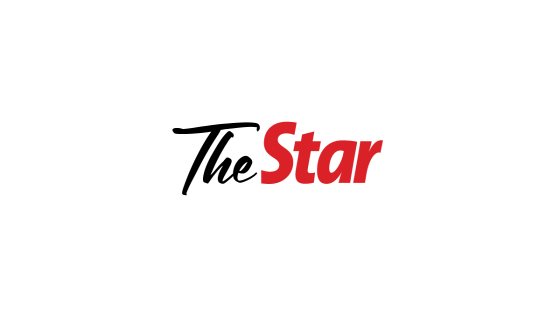The hottest iPhone app in America may owe its popularity to government crackdowns on Apple.
That app, Delta, lets you play old-school video games like “Super Mario Bros.” on an iPhone.
Apple had banned apps like it for years but un-banned them this month without much explanation. Delta’s creators say growing anti-monopoly pressures were responsible for Apple’s flip-flop.
I’m not into video games, and Delta isn’t for me. Even if you’re in the same boat, Delta shows the drawbacks of Apple’s 15 years of absolute power over iPhone apps.
Apple has made its official App Store an easy and mostly safe place for you to download apps and buy stuff from them. But Apple’s insistence on making all the rules about iPhone apps has also kept you from trying some imaginative technologies like Delta.
What else have you been missing?
That question is relevant now because courts and regulators, including in the United States, the European Union, South Korea, Britain and Japan, are trying to loosen Apple’s and Google’s control over apps to give you fresh ideas and reduce costs for in-app purchases.
I’ll explain more about Delta, why it might show that antitrust pressure is changing your iPhone for the better and how an alternative app future could work.
Delta is a type of software known as video game “emulators” that Apple had kept out. Die-hards still found workarounds to use emulators, which exist in a legal gray area.
Some game companies have said that emulators tread on their copyrights because people can use them to play pirated copies of games. (Emulators are more accessible for Android phones but they’ve been under a legal cloud.)
There are legitimate uses for emulators, including reviving games from your 1990s Nintendo 64 console to play on an iPhone.
The surprise was Apple’s April reversal of its emulator ban, as long as the emulators didn’t enable copyright theft.
Riley Testut has worked on emulators for more than a decade. Two weeks ago, he and co-founder Shane Gill got approval to make Delta available in the U.S. iPhone App Store.
Since then, it has consistently been the most downloaded free iPhone app in the country, according to Sensor Tower.
A spokesman for Apple didn’t respond to my questions about why Apple changed its mind about emulator apps. But Testut and Gill say that government-imposed changes were responsible.
The pair had been finalizing AltStore PAL, one of the new, alternative iPhone app stores in the European Union made possible by the Digital Markets Act. A goal of the law was to give people in the region more options to download apps and pay for digital purchases.
Testut and Gill believe Apple didn’t want AltStore PAL, which so far includes Delta and a sibling app, to get popular while Delta was banned in the United States.
“This only can exist because of regulation, and Apple had to open up a tiny bit,” Testut said.
If you want to get started with Delta, you might need help from YouTube videos, subreddits or a gamer buddy. The app is only for iPhones.
Even if you never use Delta, its existence is relevant.
The app’s surge in downloads this month shows how important the App Store is for you to find apps and trust that they’re safe. But the unfulfilled demand for Delta before now also shows the shortcomings of Apple’s control over what you can do on your iPhone.
Testut and Gill say they love the App Store and want Apple’s manicured and controlled app storefront to exist when you want it.
But they also want you to be able to explore potentially clever and maybe messy apps that for whatever reason don’t have Apple’s seal of approval.
You can think of this like having the choice of Walmart or a woman selling handmade knitwear out of her house. Most of the time, you’ll buy from Walmart. But a big-box store isn’t your only choice.
Testut and Gill can imagine you paying a few dollars through Patreon to a group of educators to access several of their child-friendly science apps.
Apple in the United States doesn’t currently allow that kind of direct payment to app developers, nor have you been able to access multiple apps from a single app.
They also imagine a place outside Apple’s official store for apps that aren’t polished enough to win Apple’s approval but that still could be cool for some people. Gill, an amateur musician, compared it to outtakes or rough cuts of songs that musicians put on SoundCloud but that they wouldn’t release officially.
Talking to Testut and Gill, I could feel both their appreciation for Apple’s work making apps simple to use and ubiquitous, and their impatience that Apple’s control has forced you into staid paths that squashed good ideas.
“People haven’t been allowed to try,” Gill said.
Ultimately, that’s what is behind all the antitrust lawsuits and laws against Apple, Google, Meta and Amazon: the opportunity to try to imagine something different from what you’re used to.
Related Content
He threatened Marjorie Taylor Greene amid a mental health crisis. Then came the consequences.
A Ukraine-born congresswoman voted no on aid. Her hometown feels betrayed.
AI deepfakes threaten to upend global elections. No one can stop them.
Source Agencies

